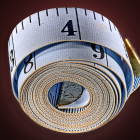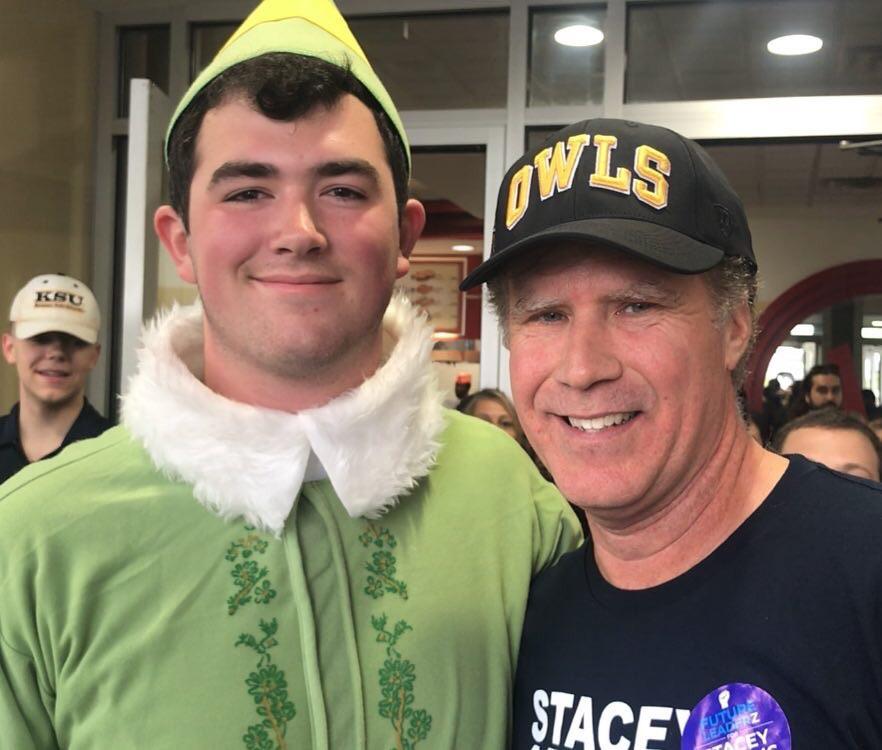Kennesaw State’s Model NATO team won big at their conference held from Feb. 15 to 19, taking home four noteworthy awards.
Much like Model U.N., Model NATO sees its members simulate the typical procedure of its title organization: negotiations, debates and more. Schools attending these conferences represent one of NATO’s30 member-states, with the school’s team members then receiving and studying material related to their nation’s current geopolitical status before taking part in simulated NATO business.
KSU’s team, overseen by their faculty advisor Stephen McKelvey and co-captained by Jordan Milligan, represented Estonia for this year’s conference. Notable colleges they competed against included American schools like Georgetown and Howard, but international schools like Belgium’s Université libre de Bruxelles and Sweden’s Mamlö University. With such stiff competition and the pressure to succeed mounting, the team tried to start preparing as early and intensely as possible.
“I gave them materials on Estonia back last spring”, McKelvey said. “So beginning last spring, several of them began studying Estonian history…, geography, the political system, the role in the NATO alliance. In the fall semester, we assigned people to specific committees, and at that point, they’re supposed to become policy specialists on nuclear planning or relations with countries who are not NATO allies, or they become specialists on energy security and emerging security challenges.”
Team members then divided into 6 committees: Tony Langone and John Knight in Military Committee, Daisy Bessler and Philip Pritchett in the Partnership Committee, Chris Cook and Kyle Stormer in the Nuclear Planning Group, co-captain Jordan Milligan and Jacob Avera on the North Atlantic Council, Jared Pilotte in Emerging Security Challenges and Sean Beckstrom in the Political Committee. And though all team members worked diligently to become informed on Estonia and information related to their subcommittees, it took more than that to help them succeed.
“I’d say it was a combination of our preparation and teamwork,” Stormer said. “Chris and I worked closely to make sure we were on the same page leading up to the conference.”
“Our preparation allowed us to work effectively as a team once the conference began, [and] we worked closely in the buildup so both of us knew what policies we wanted to push and…what we needed to do to…to get our ideas into the final communique,” Stormer said.
The KSU team won four awards in the individual committees: Outstanding Delegate in both the Nuclear Planning and Partnership Committees, Leadership in the Nuclear Planning committee and Superior Delegate in the Military Committee. They also won the Distinguished Delegation award overall, placing them in the top six among all attendees and beating schools like Georgetown and Penn State. According to the team, competing with the various international schools not only aided the simulation but provided a look into different perspectives.
“Adding an international aspect to the event was incredible,” Milligan said. “Working with international delegations created a more realistic atmosphere for our students to practice their diplomatic skills. This type of environment would be impossible to simulate in a conference using only domestic schools.”




Way to go. Very proud of you and your team and college.👍💕